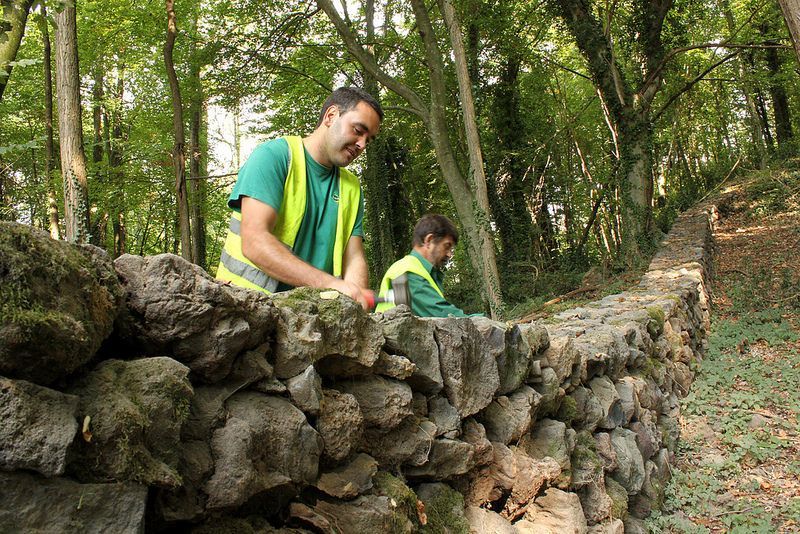
As enterprises owned and democratically governed by their members, co-operatives can position themselves as leaders in the green economy sector. A new report by the Andalusia Federation of Worker Co-operatives highlights that co-operatives active in the green economy create new opportunities for people in the region. The report identifies green projects led by Andalusia co-operatives as well as some of the challenges faced by the sector.
According to FAECTA, co-ops tend to use local resources, which make them more suitable for developing local green businesses. Moreover, due to their distinct model, worker co-operatives can set out sustainable long-term objectives, bringing benefits to the society. Their democratic structure and openness make co-ops more likely to promote gender equality.
The main sectors of employment in the green economy are livestock farming and energy. Andalusia is witnessing a boom in ecologic agriculture initiatives. Other sectors that present opportunities are management of forest areas, management of natural spaces.
The climate of Andalusia favours the development of renewable energy projects. It also has great potential in terms of eco agriculture; over 45% of the territory is suitable for farming. The social economy accounts for 40% of jobs, 31,000, and of this 77% is in co-ops.
Co-operatives promote good practices that contribute to creating a sustainable economy, states the report. Some of these include generating stable and quality employment, offering services of higher quality, having a positive impact on the environment and enabling staff to develop professionally.
The report also argues that co-ops active in the green economy have the responsibility to be socially innovative. One such co-op is La Fageda, a consumer co-op that works to ensure that people with physical disabilities or mental illnesses are fully integrated into the society. Another example is Ecoqueremos, a worker co-op in Córdoba that recycles used vegetable oil in biodiesel. Most member workers have disabilities.
While all these good practices would make co-operatives more likely to engage in the green economy sector, they continue to face some challenges. Co-ops have fewer resources compared to large corporations. Developing instruments that would enable co-ops to access finance would be also crucial to enabling them to compete with other enterprises that don’t have a social goal but solely aim to make profit, adds the report.
Andalusia currently has 7,827 co-operatives. Of these, 132 co-ops are active in the green sector and 25 co-ops are active in the blue economy (sustainable enterprises in the marine and maritime sectors). Another 12 co-ops offer environmental education, while 21 provide environmental services. Co-ops can also be found in recycling (15), ecotourism (15), eco agriculture (7) and renewable energy and bio construction (9).
Photo: La Fageda employees volunteering in the local community (c) La Fageda




